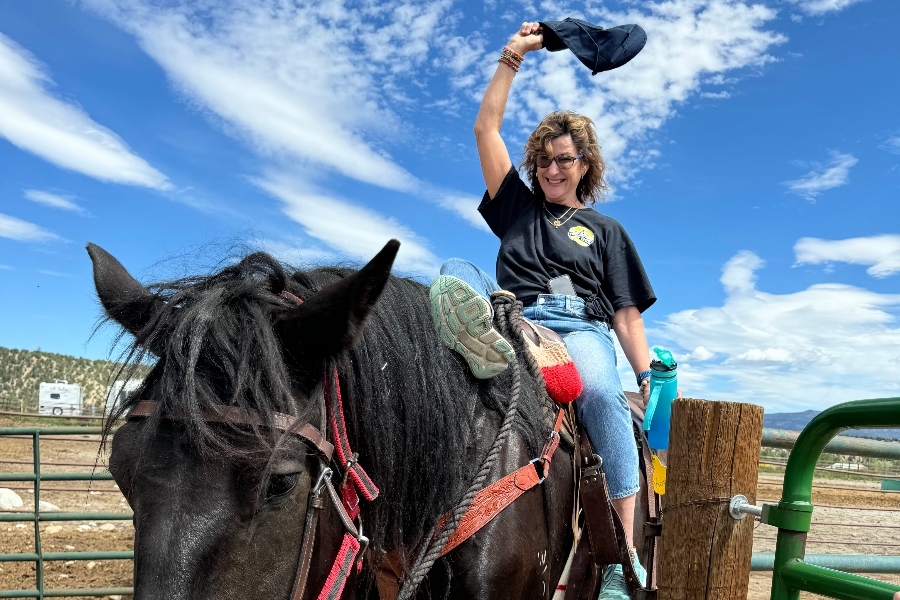Literature has always portrayed bats as creepy, evil creatures (to wit: Bram Stoker’s Dracula), but new scientific discoveries may turn bats into some of the most lovable and valued animals in the world. They seem to hold the secret to longevity.
“Maybe it’s all in the blood,” says Emma Teeling, a geneticist studying the exceptional longevity of bats in the hope of discovering benefits for humans. The University College Dublin researcher works with the charity Bretagne Vivante to study bats living in rural churches and schools in Brittany, western France. “We’re taking a little bit of blood, but rather than us being the vampires to the bats we’re making them give us their secrets,” she told the news service AFP.
Think of a centenarian who is really healthy until the last few weeks of their life.
Those secrets are tantalizing. Bats not only live longer than other animals of their size, they also stay healthy longer and can harbor pathogens like Ebola or coronaviruses without getting sick. The normal pattern in nature is that small creatures live very fast and die young because of their really fast metabolism.
Bats, however, have evolvedmechanisms to slow down the aging process. “It’s not eternal youth,” says Teeling, but she adds, “Think of a centenarian who is really healthy until the last few weeks of their life. That’s what we want and it’s what the bats have.”
Read More: One Surprising Indicator of Longevity in Women: New Research
What’s So Special About Bats and Bat Blood?
To figure out the age of bats, Teeling and colleagues at Bretagne Vivante have put tiny microchips under the bats’ skin. Every year when the bats return to their roosts, scientists take a little bit of blood and track the biomarkers of aging.
“We look at these things called telomeres: on the end of every one of your chromosomes in your cells you have these protective caps—like the bumper on a car—and every time your cells replicate, it gets shorter and shorter,” Teeling says. “But in the longest-lived bats like Greater Mouse-eared bats, the telomeres do not shorten with age. They can protect their DNA.”
By sequencing genes from young, middle-aged and older bats, scientists have discovered that they increase their ability to repair their DNA with age and repair the damage that living causes. In humans, the ability to repair DNA decreases, which leads to all the travails of aging: arthritis, inflammation and so forth.
Imagine if we find the gene that regulates these effects, we could then make a drug to mimic it in humans.
Bats are also able to modulate their immune response, keeping it balanced between antiviral and anti-inflammatory responses. Humans don’t have such a capacity. For example, what kills somebody with COVID is an over-excited immune response. Teeling and her colleagues did an experimentlooking at antiviral and anti-inflammatory cytokines and found that if a human with a bat’s immune profile was hospitalized for COVID, they wouldn’t end up on a ventilator.
“We share the same genes as bats, with slight tweaks and modifications,” Teeling says. “Imagine if we find the little controlling gene that regulates these effects, we could then make a drug to mimic it in humans.”
When will we be able to become bat women? Teeling predicts at the most 10 years, which means bat blood treatments could become the rage before too long. Would you partake?
Read More: How Old Do You Feel? Why That’s Such An Important Question as We Age





















0 Comments